Collections
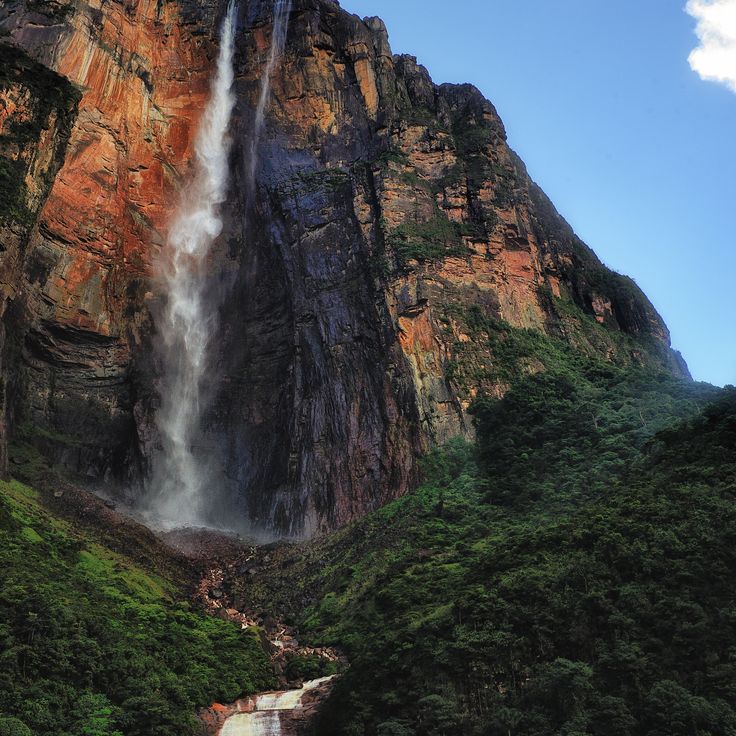
Photography locations in Venezuela
Venezuela offers a range of landscapes for photographers. The country features impressive waterfalls, sand dunes, coral reefs, and dramatic mountain formations. Angel Falls drops 979 meters between steep table mountains and ranks among the world's highest waterfalls. Along the coast, turquoise...
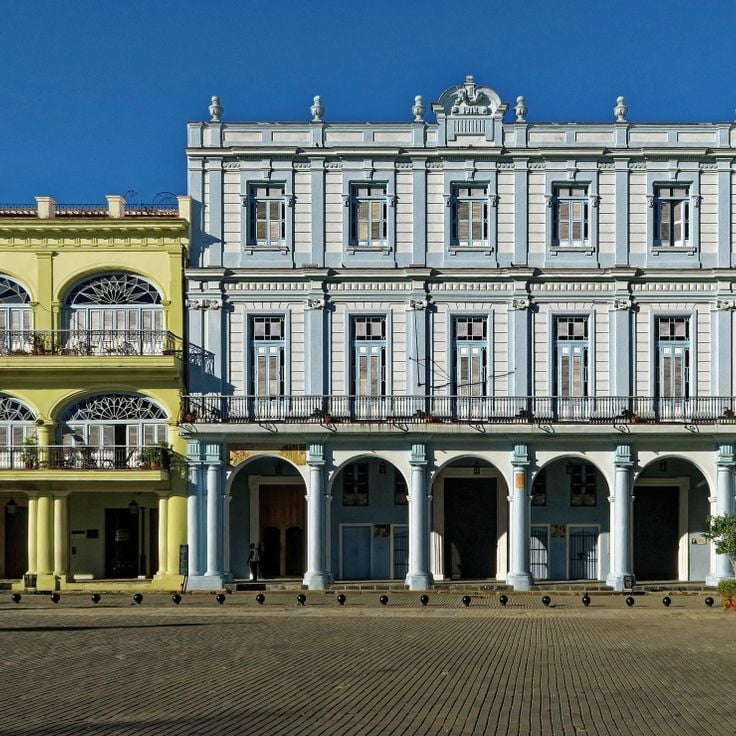
Photography locations in Cuba
Cuba offers diverse landscapes that combine colonial history, natural beauty, and vibrant culture. Havana features historic architecture including the Capitol, Gran Teatro, and Morro fortress, while the tree-lined Paseo del Prado and waterfront El Malecon showcase the city's character. Along the...
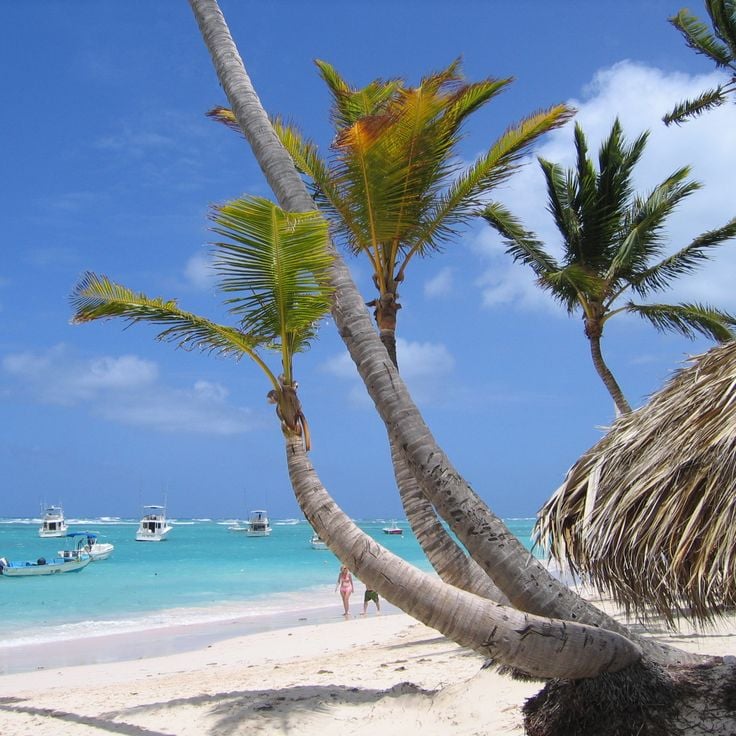
Photographic locations in Dominican Republic
The Dominican Republic draws photographers with its range of landscapes and subjects. Along the coast, long stretches of sand beaches appear, some with calm water, others with waves that attract surfers. Inland, trails lead to waterfalls that drop over rocks into natural pools, while caves and...
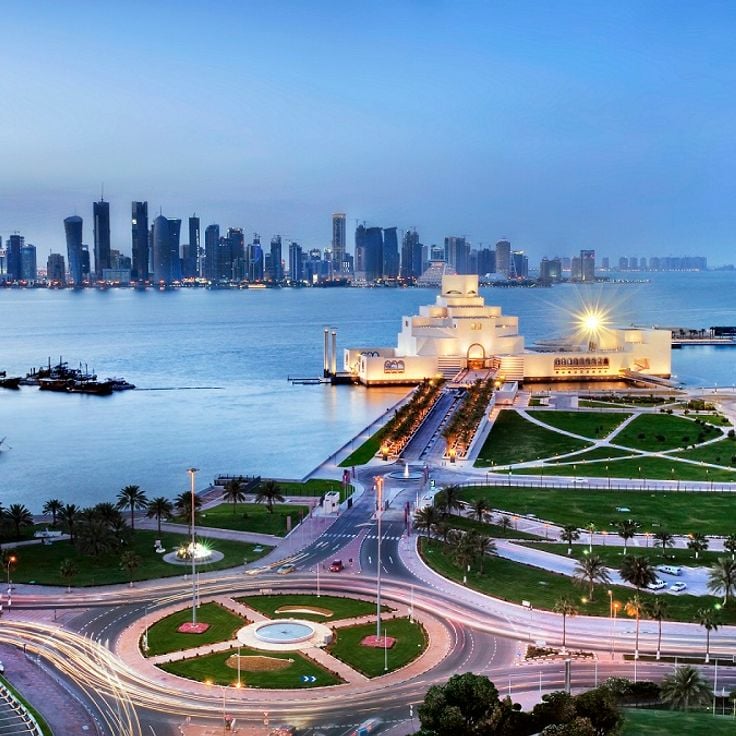
Photography locations in Qatar for social media
Qatar provides photographers with diverse subjects that combine modern architecture, historical sites, and natural landscapes. In Doha, many opportunities center on contemporary structures such as the Museum of Islamic Art and Qatar National Library, alongside traditional locations including Souq...
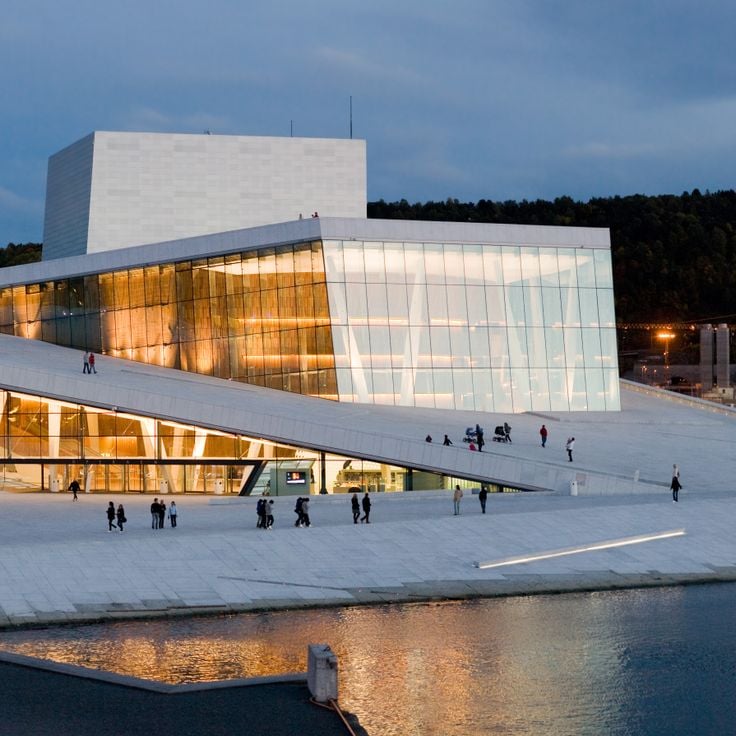
Photographic places in Oslo: modern architecture, fjord, and nature
Oslo offers many interesting places to photograph, from the water's edge to the heights of the city. You will see modern buildings next to old structures, museums, green spaces, and defenses that tell the story of Norway. Views scattered around the city allow you to capture images of the fjord, the...
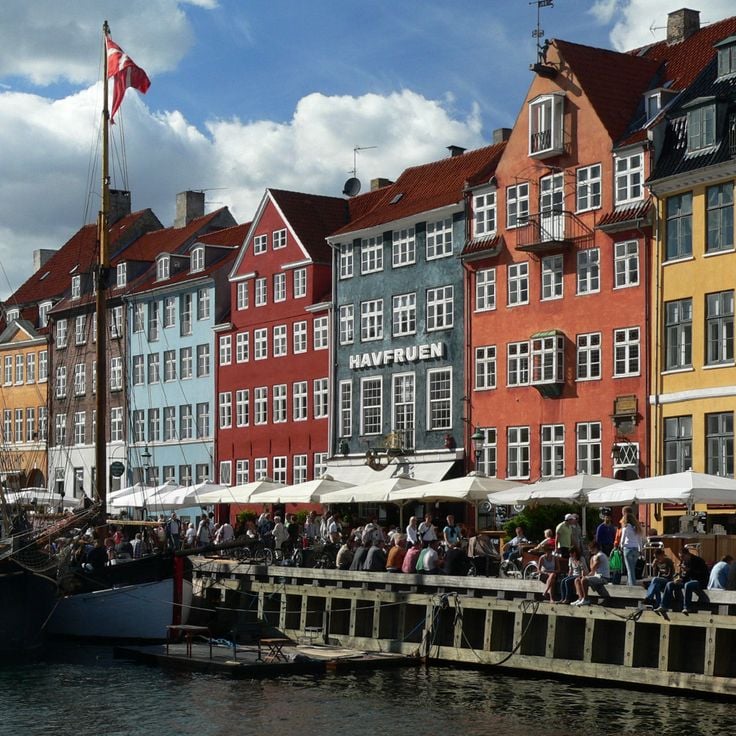
Photo spots in Copenhagen
Copenhagen brings together centuries of history with recent construction in a walkable city by the water. Nyhavn lines the harbor with narrow houses painted in strong colors, where wooden ships dock beside outdoor cafes. The Little Mermaid sits on a rock at the edge of the sound, a bronze figure...
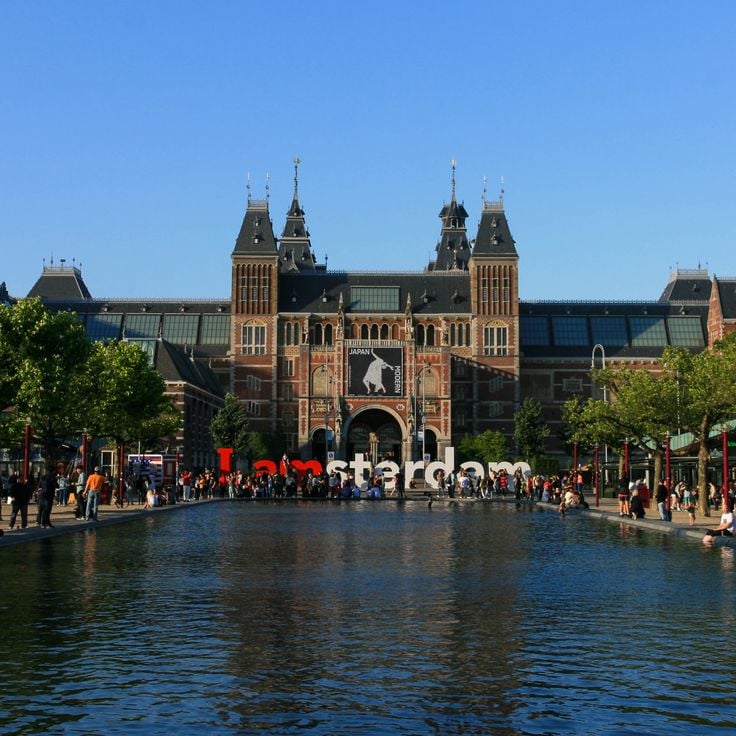
Photography locations in Amsterdam: canals, museums and architecture
Amsterdam provides photographers with numerous subjects throughout the city. The 17th-century canals form the historic center, where gabled houses and bridges reflect in the water. The Jordaan district displays traditional residential architecture, while the Oosterdok area presents modern structures...
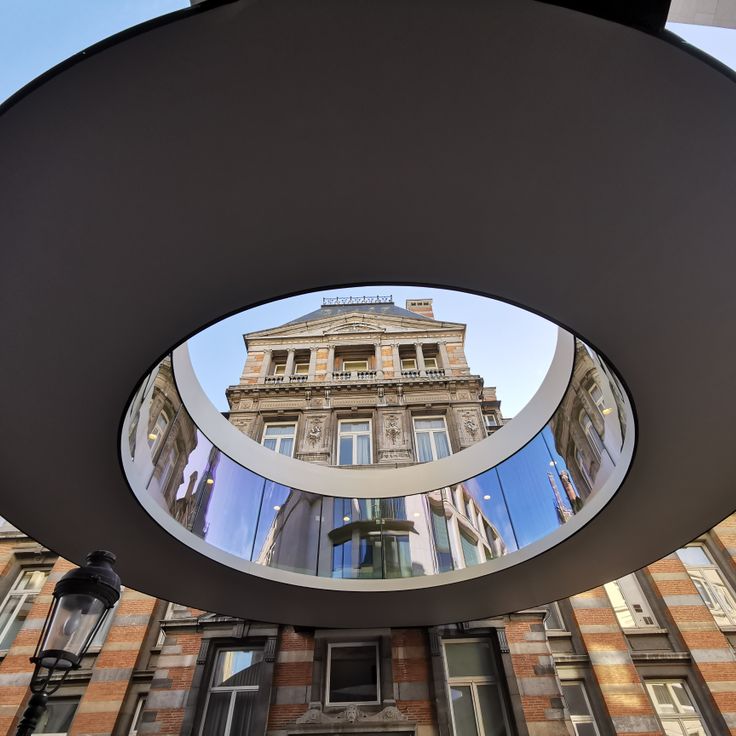
Photo spots in Brussels
Brussels offers photographers a range of architectural subjects spanning several centuries. The medieval Grand-Place forms the historic center, while Art Nouveau buildings such as the Musée Horta and Maison Cauchie document the artistic flourishing around 1900. The Atomium, built for the 1958...
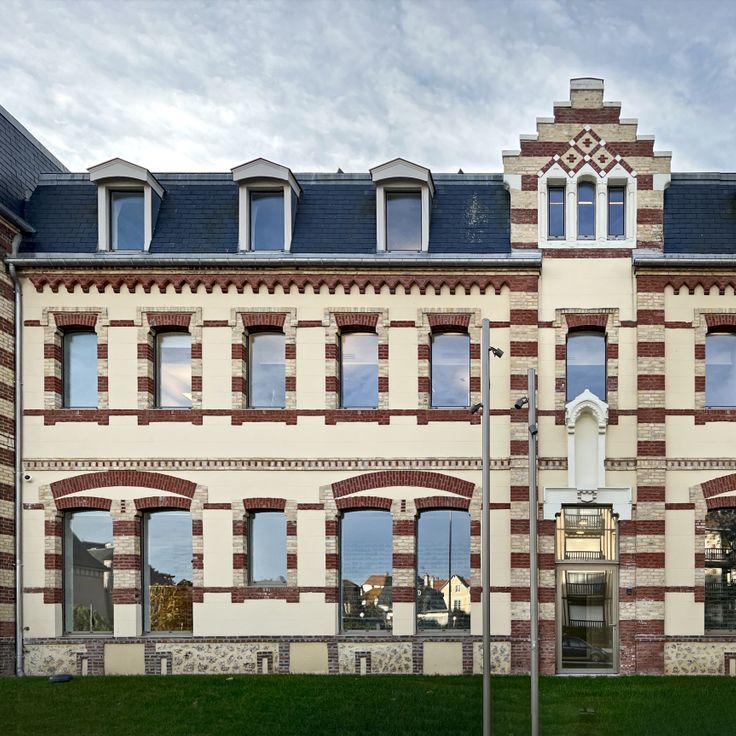
Photographic locations in Deauville and Trouville
Deauville and Trouville on the Norman coast attract photographers with their mix of beach landscapes, historic architecture, and town life. The long beaches of both towns, lined with colorful wooden cabins and boardwalks, offer classic coastal scenes. The marina at Deauville shows moored sailboats,...
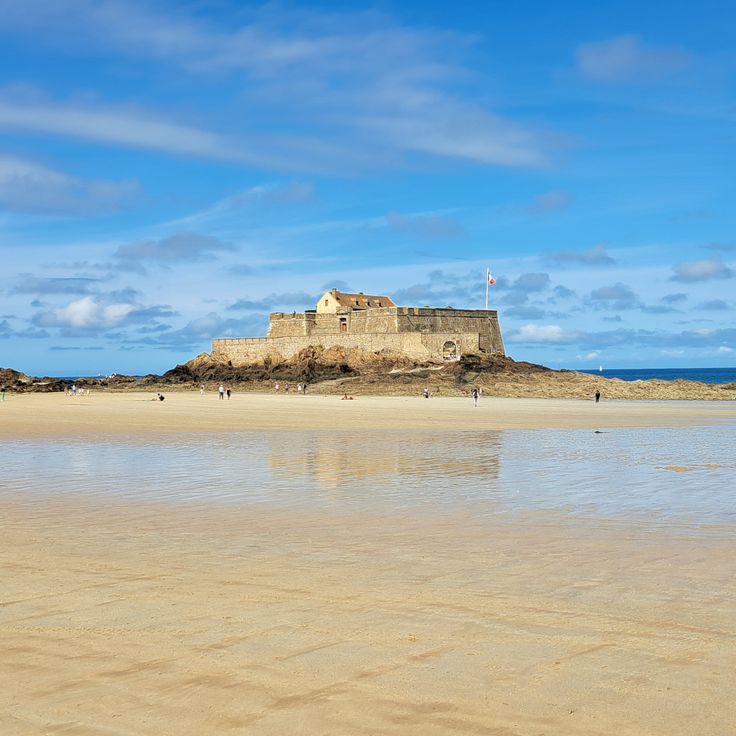
Saint-Malo: sandy beaches, stone walls, coast paths
Saint-Malo is a seaside town where stone is everywhere. Strong city walls surround the old part. Gray granite streets lead down to the harbor. Sand beaches stretch along the walls. Walking on the walls, you see the bay and islands on the horizon. Fort National sits on its island, reachable at low...
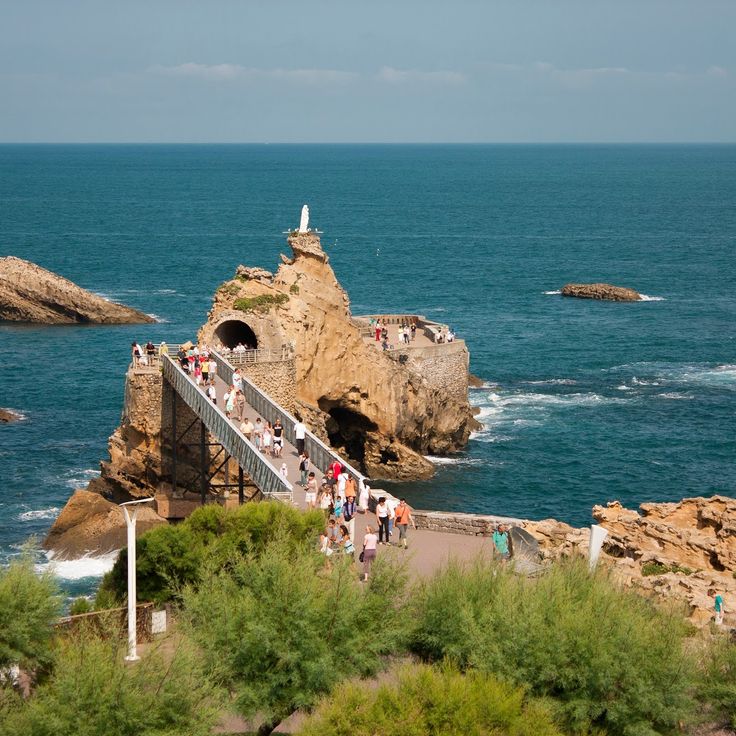
Photography spots and viewpoints in Biarritz
Biarritz offers photographers and visitors a coastal path that connects several landmark locations. The Rocher de la Vierge rock monument, the Art Deco Casino, the lighthouse, and the imperial palace define the city's character. Several beaches including Grande Plage, Port Vieux, and Côte des...
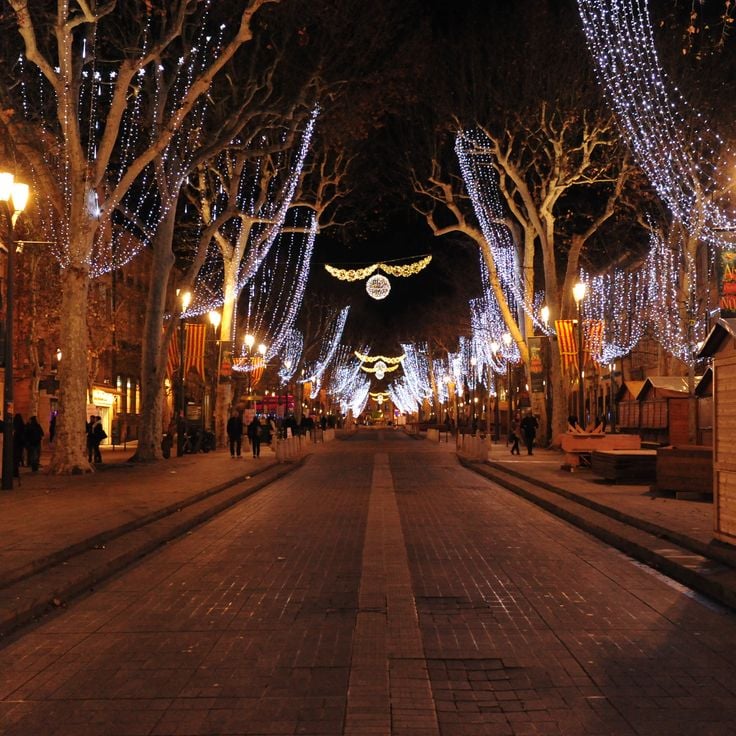
Photo spots in Aix-en-Provence
Aix-en-Provence is a city where history lives in every corner. The Cours Mirabeau, lined with trees and fountains, forms the heart of the town. The old quarter reveals itself through narrow streets, elegant mansions, and bustling markets. The Saint-Sauveur Cathedral and Hôtel de Caumont show...
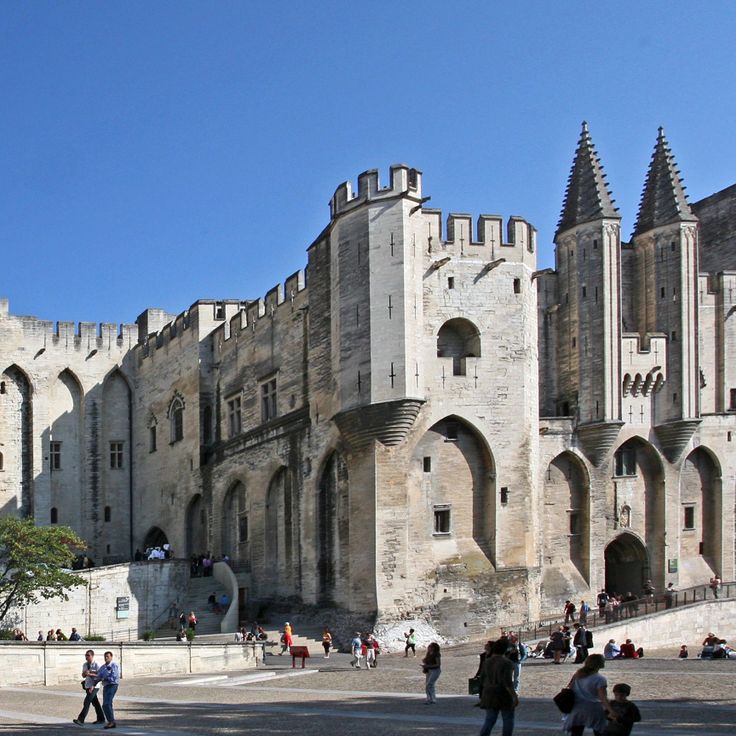
Best photography locations in Avignon
Avignon in southeastern France offers photographers many historical subjects to capture. The Papal Palace displays medieval architecture with large stone walls and Gothic details. The Saint-Bénézet bridge crosses the Rhône river and stands as a recognizable landmark of the city. From Rocher des...
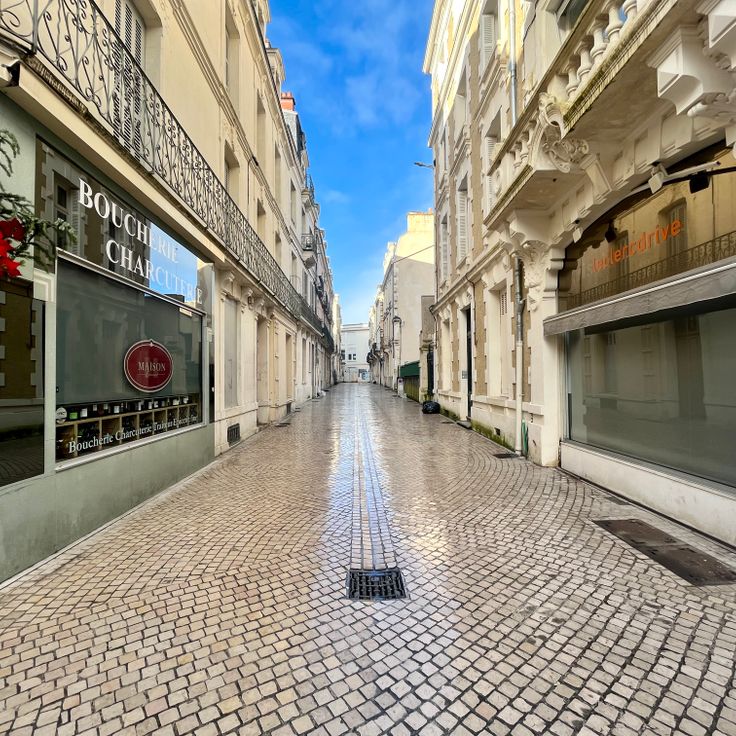
Photography spots in Poitiers and surrounding areas
Poitiers and its surrounding region tell a long story through stone and architecture. The old city center holds churches built across different periods, including Notre-Dame la Grande and Saint-Pierre Cathedral, where carved façades and interior spaces reveal the craftsmanship of earlier times....
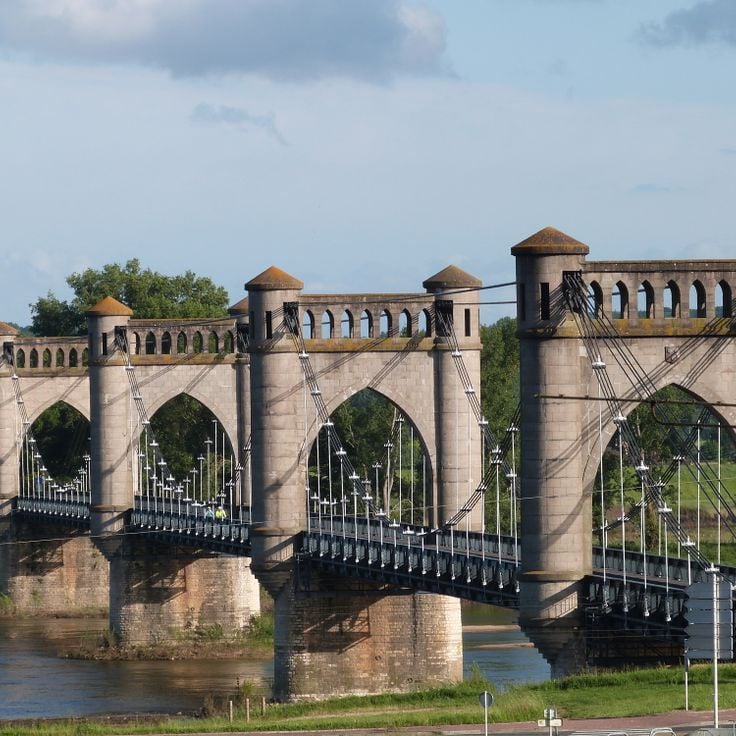
Photo spots in Tours and Val de Loire: places for Instagram and photoshoots
The Loire Valley features Gothic cathedrals, Renaissance châteaux and medieval squares. From Saint-Gatien Cathedral to Château de Chenonceau, each location displays architectural details: towers, stone walls, decorated facades and geometric gardens. The city of Tours combines half-timbered houses,...
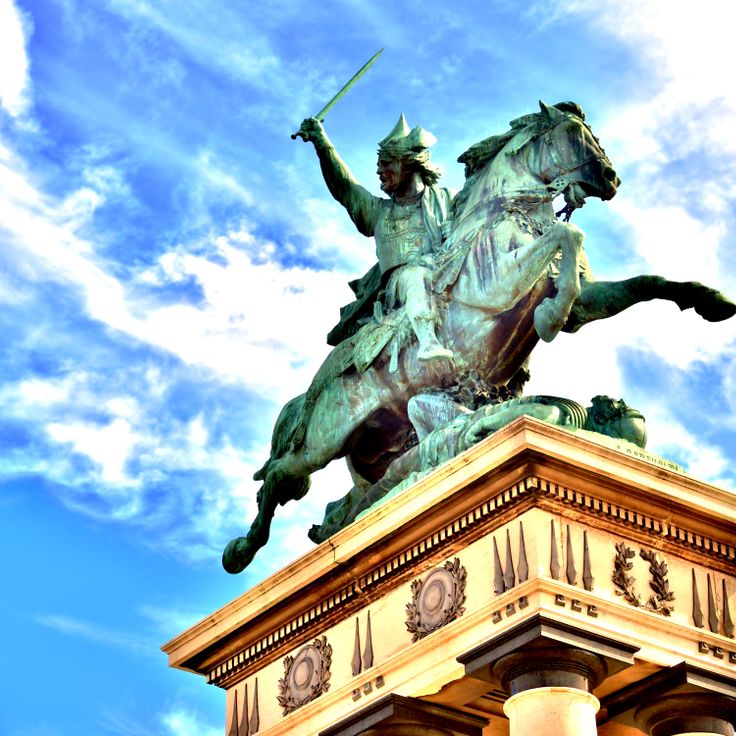
Instagrammable photo spots in Clermont-Ferrand
Clermont-Ferrand sits at the edge of a volcanic landscape in the Massif Central, offering a mix of geological formations, medieval architecture and urban spaces for photographers. The Cathedral of Notre-Dame-de-l'Assomption, built from black volcanic stone, rises above the historic center, while Puy...
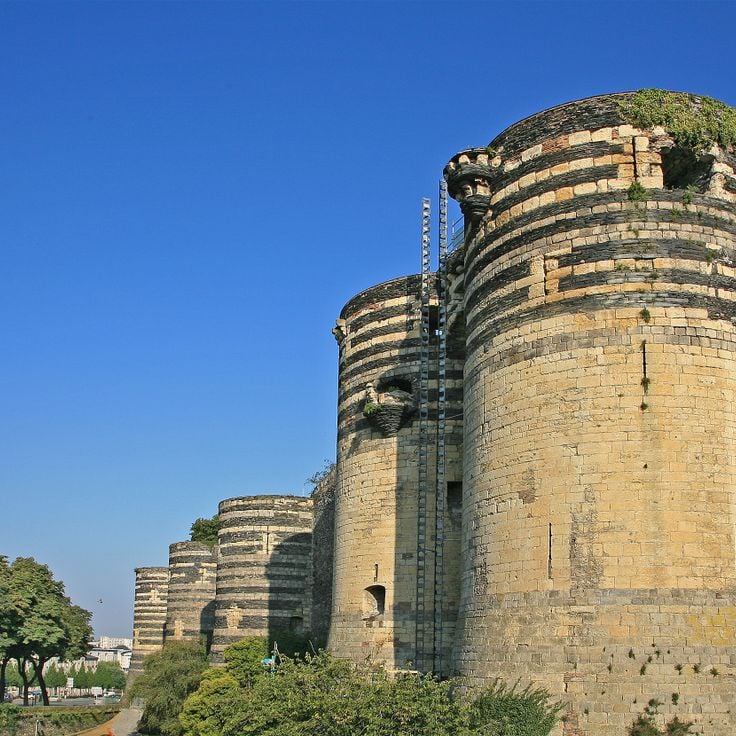
The most beautiful places to photograph in Angers
Angers draws you in with the quiet beauty of a city where ancient stones seem to speak with the changing light. Once a royal seat and the heart of Anjou, this place brings together the solid strength of its medieval castle, the soaring lines of its Gothic cathedral, and gardens that feel almost...
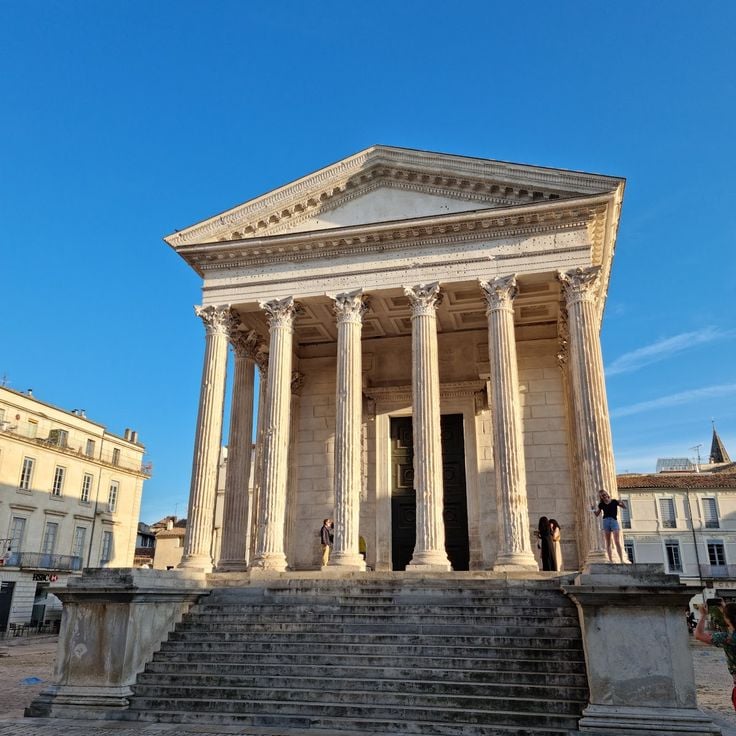
Places to photograph in Nîmes: Roman monuments, modern architecture, and historic gardens
Nîmes brings together two thousand years of architecture in one view. As you walk, you pass from the Roman amphitheater of the first century to the glass façade of the Carré d'Art, built in the 1990s. The Maison Carrée, an ancient temple with Corinthian columns, faces this contemporary art museum in...
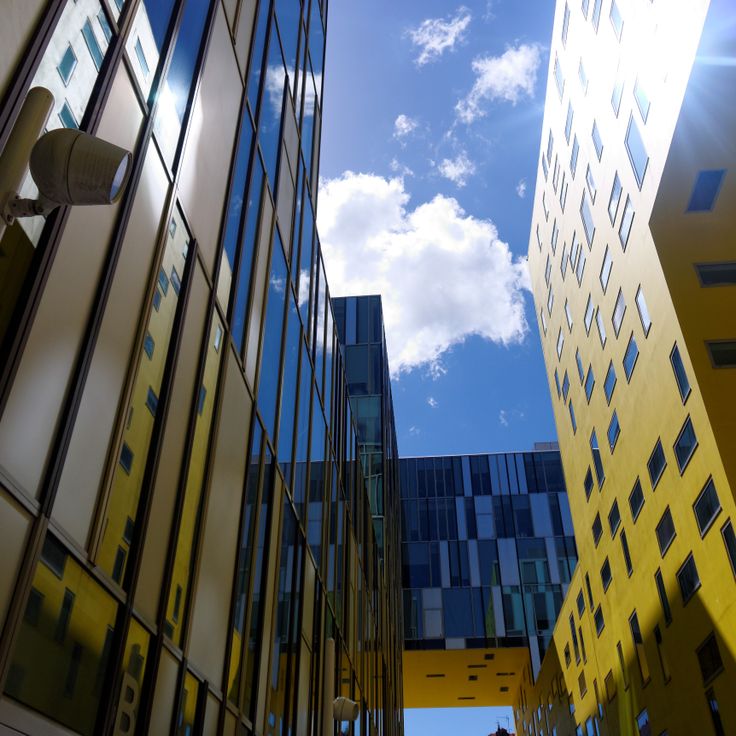
Photography locations in Saint-Etienne
Saint-Etienne offers a range of settings for photography across a city that has evolved from its industrial roots into a cultural destination. The city center combines historic landmarks like Saint Charles Borromeo Cathedral with modern structures such as the Cité du Design. Public squares,...
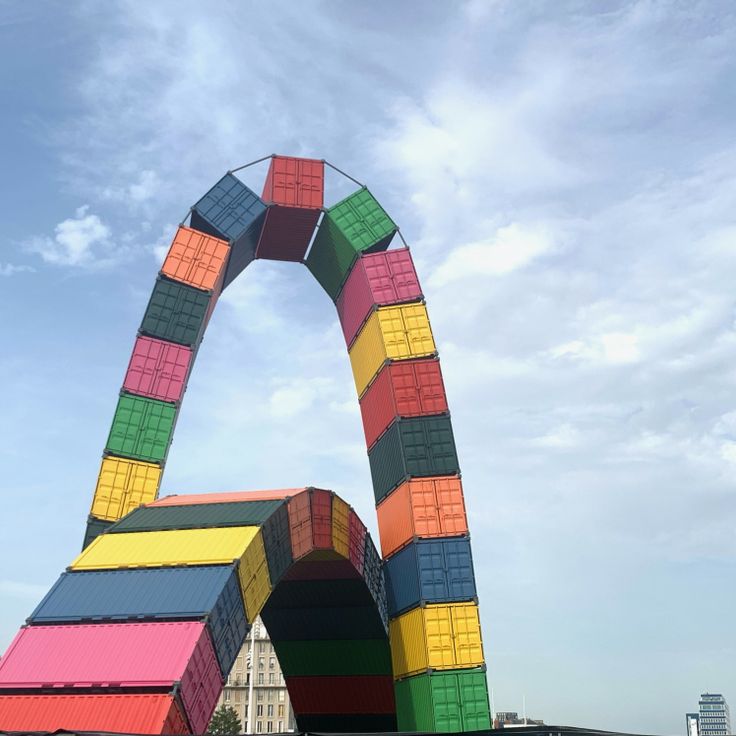
Photography locations in Le Havre
Le Havre is a compelling destination for photographers, combining architecture from different periods with maritime scenes. The city was rebuilt after World War II and offers a striking collection of modern buildings alongside historic structures. Oscar Niemeyer left his mark with the distinctive...